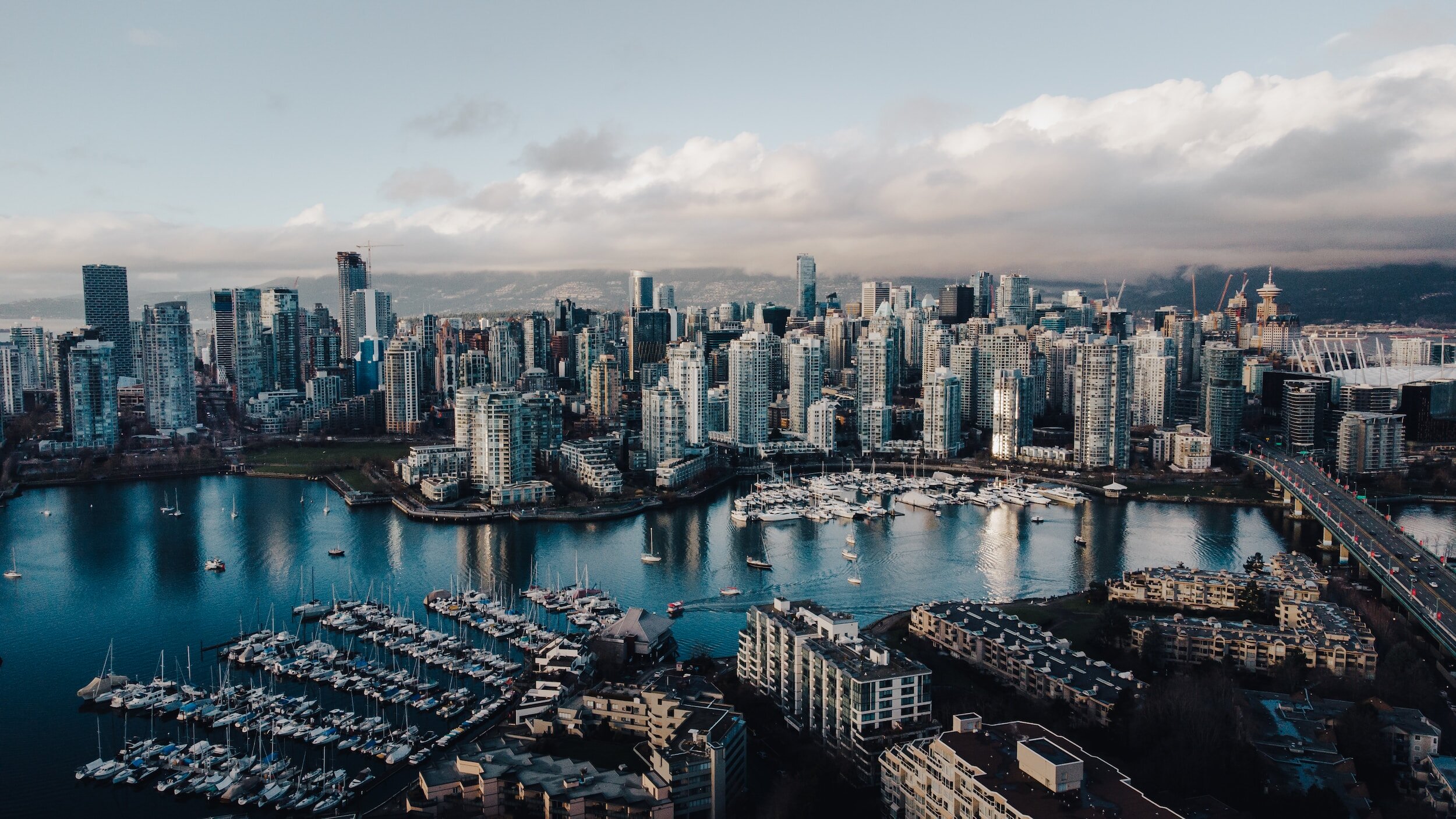We came across the listing of this trending property for sale in the West End of downtown Vancouver recently. With a $400,000 price tag, this top-floor one-bedroom apartment unit piqued many interest. Now, why is the price tag so low?
In Metro Vancouver’s real estate landscape, the term “leasehold” often piques curiosity and prompts questions. While freehold properties dominate the market, leasehold properties hold their own unique appeal, particularly in prime neighbourhoods like False Creek, UBC, SFU, and parts of Richmond. This article aims to shed light on the intricacies of leasehold properties, comparing them to freehold properties and highlighting the reasons why people opt for leaseholds.
Leasehold vs. Freehold: A Fundamental Distinction

At its core, the distinction between leasehold and freehold lies in land ownership. When you purchase a leasehold property, you are essentially acquiring the right to use a property for a specified period, as outlined in the lease agreement. The land, however, remains under the ownership of another party, typically a municipality like the City of Vancouver. In contrast, freehold ownership means that you legally own both the property and the land in perpetuity.
Reasons to Choose Leasehold
- Affordability: One of the most compelling reasons to opt for a leasehold property is affordability. Leaseholds are often priced significantly lower than their freehold counterparts. This pricing difference can make it possible for individuals with more modest incomes to buy into desirable neighbourhoods.
- Investment Potential: Despite not owning the land, leasehold property owners can still participate in the property’s appreciation over time. The value of a leasehold property can increase, making it a potentially sound investment.
- An Alternative to Renting: In markets where rents are exceptionally high, leasehold properties can provide an attractive alternative to renting. Monthly leasehold payments may be more affordable than paying rent for a similar property in the same area.
What to Consider When Buying a Leasehold

While leasehold properties offer advantages, potential buyers should be aware of certain considerations:
- Lease Renewal: There is no guarantee that the landlord (the entity owning the land) will renew the lease agreement. It is advisable to consider leaseholds with at least 30 to 50 years remaining on the lease, providing flexibility to sell or use the property as an investment.
- Rent Increases: Landlords have the right to increase the land-use rent at the end of the lease term unless otherwise stated in the lease agreement. Prospective buyers should understand whether the leasehold is pre-paid or non-prepaid, as this affects when and how rent on the land is paid.
- Land Sales: Depending on the lease terms, the landlord can sell the land at any point in time. As a leasehold owner, you could be required to sell your property (at fair market value) and move if the landlord decides to sell or redevelop the land. This risk doesn’t apply to freehold properties unless mortgage payments are in default.
- Financing Challenges: Securing financing for leasehold properties, especially privately owned ones, can be more challenging. Many major banks are hesitant to lend money for these properties, particularly if the landowner is not a large entity like a city or university.
- Appreciation: Leasehold properties do not appreciate in value as significantly as freehold properties and may even depreciate as the lease approaches its expiry date. The outcome of lease renewal depends on market conditions and the landowner’s nature (private vs. municipal).
In Conclusion…
Leasehold properties offer a pathway to homeownership in coveted Vancouver neighbourhoods at a lower cost. However, they come with unique challenges and considerations, such as lease renewals, potential rent increases, and financing hurdles. Prospective buyers should carefully assess their financial situation, long-term goals, and risk tolerance when considering leasehold properties. Whether leasehold or freehold, the choice ultimately depends on individual preferences, financial capacity, and housing needs in Metro Vancouver’s ever-evolving real estate market.
